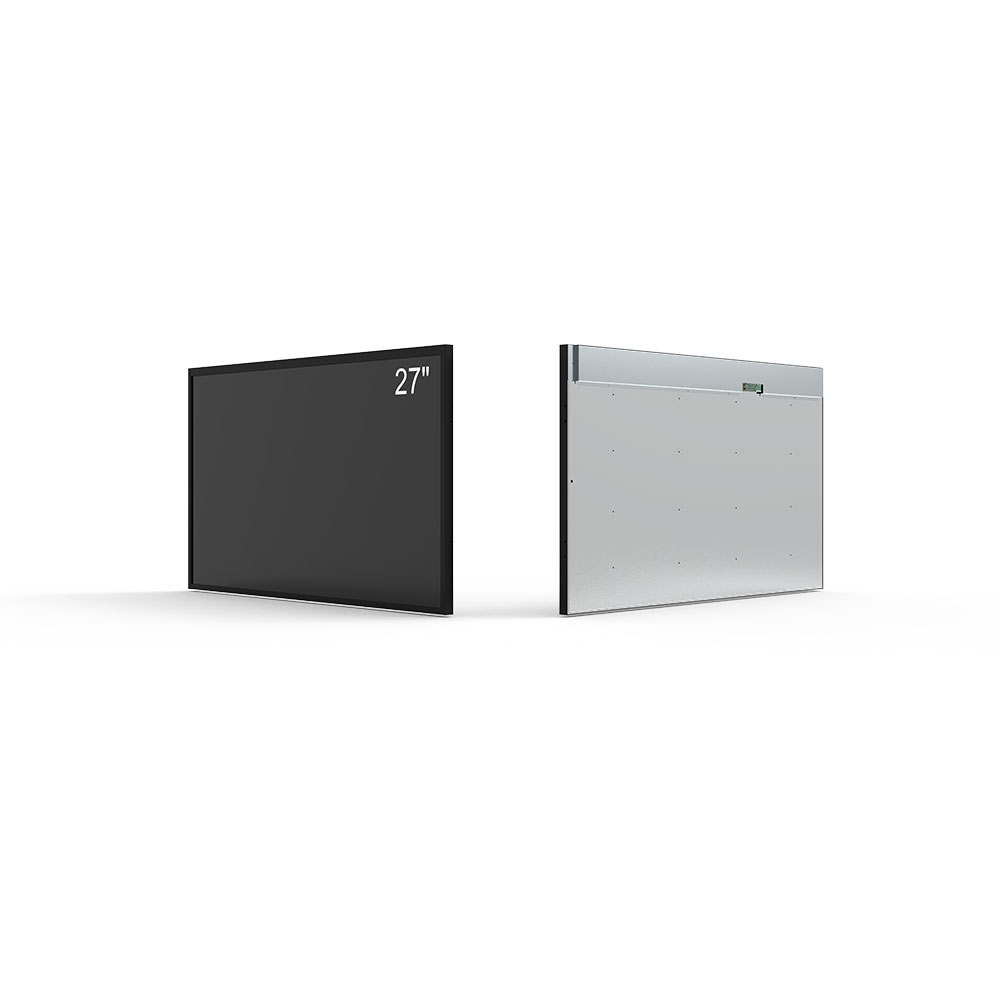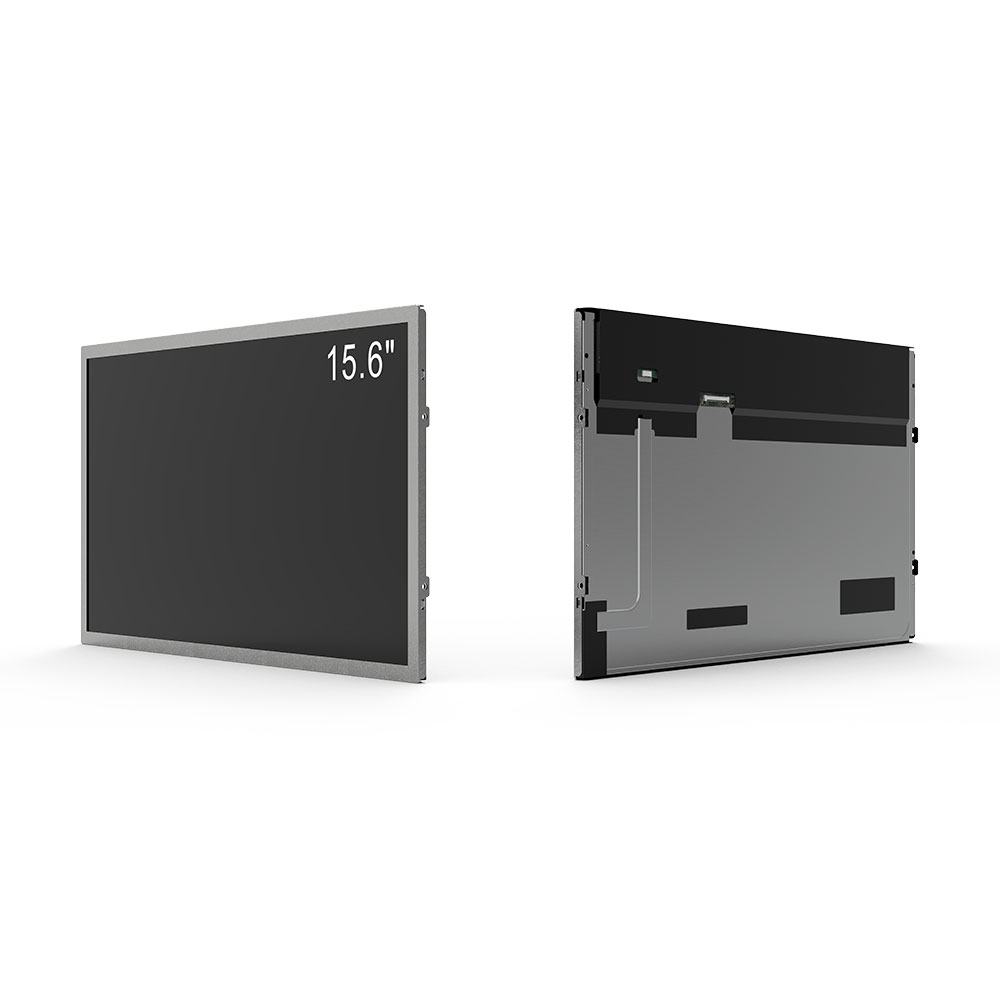
Declaración de privacidad: Su privacidad es muy importante para nosotros. Nuestra empresa promete no divulgar su información personal a ninguna empresa externa sin su permiso explícito.
In the design and manufacturing of high-brightness sunlight-readable LCD screens—commonly used in outdoor military, industrial, transportation, and medical applications—the IP66 waterproof rating is not just a specification; it's a critical performance requirement. The IP (Ingress Protection) code, defined by the International Electrotechnical Commission (IEC) standard IEC 60529, classifies the degree of protection provided against the intrusion of solid objects (including body parts like hands and fingers), dust, accidental contact, and water. An IP66 rating means the device is completely protected against dust (6) and can withstand powerful water jets from any direction (6). This makes it ideal for harsh environments such as construction sites, offshore platforms, or vehicles exposed to heavy rain and washing.
To achieve IP66 certification, manufacturers must implement multi-layered protective strategies. First, the display module itself must be sealed using gasket materials—typically silicone or EPDM rubber—that prevent moisture ingress at seams and connectors. Second, the entire housing must be designed with tight tolerances and welded or ultrasonically bonded joints to ensure no gaps exist where water could penetrate. Third, the front glass surface should be treated with anti-reflective and hydrophobic coatings to resist condensation and water spotting while maintaining visibility under direct sunlight—a key feature for high-brightness displays.
Real-world case studies support these engineering practices. For example, in 2021, a leading defense contractor integrated an IP66-rated LCD into a battlefield command console deployed in tropical climates. Despite exposure to 150mm/hour rainfall and sandstorms, the display maintained full functionality over 18 months without failure—a result attributed to the use of hermetically sealed edge bonding and a hardened polymer casing rated for -40°C to +70°C operation. Similarly, in the maritime sector, companies like Nauticallab and Luminous Display Systems have successfully applied IP66 ratings to navigation displays on commercial vessels navigating the North Atlantic, where saltwater spray and wave impact are constant threats.
From a technical standpoint, achieving IP66 also requires rigorous testing per IEC 60529. Water jet tests involve spraying water at 12.5 liters per minute from a 6.3 mm nozzle at 30 kPa pressure for at least 3 minutes from each of the four cardinal directions. Dust resistance testing involves 8 hours of exposure to fine powders like talc, with no internal accumulation allowed. These standards ensure that even in extreme conditions, the display remains operational and readable—a necessity for mission-critical systems.

Manufacturers must also consider thermal management when designing for IP66. Sealing increases heat retention, which can degrade LCD performance if not addressed. Thus, advanced thermal interface materials (TIMs) and passive cooling techniques—such as aluminum heat sinks and conduction-based heat spreaders—are essential to maintain optimal operating temperatures. Furthermore, the use of LED backlighting with high-efficiency drivers ensures brightness remains stable under both ambient light changes and temperature fluctuations.
In conclusion, IP66 waterproofing in high-brightness sunlight-readable LCDs is achieved through a holistic approach combining material science, mechanical design, environmental testing, and thermal optimization. It’s not merely about meeting a number—it’s about ensuring reliability in real-world conditions where failure is not an option. As global demand grows for ruggedized displays in smart cities, autonomous vehicles, and IoT-enabled infrastructure, mastering IP66 compliance will remain a cornerstone of industrial display engineering excellence.

Enviar correo electrónico a este proveedor

Declaración de privacidad: Su privacidad es muy importante para nosotros. Nuestra empresa promete no divulgar su información personal a ninguna empresa externa sin su permiso explícito.